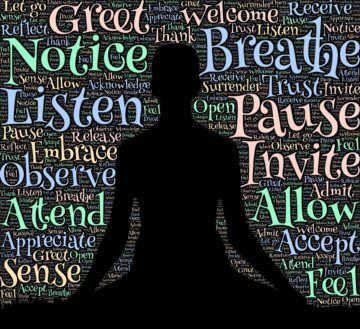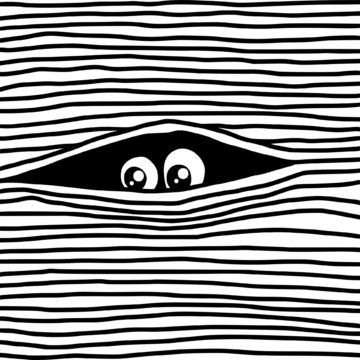
What the Gluten???
In my acupuncture practice, I often recommend a gluten-free diet for clients suffering from headaches, migraines, fatigue and various digestive issues. And while I know the health values of eliminating wheat products from one’s diet, I’m never really certain as to how to answer the question, “What is gluten, anyway?” So I did a little research.
Gluten is actually the ancient Latin word for glue or any sticky, gluey substance. It is made by washing the flour of wheat or other grain with water until all the starch dissolves, leaving an insoluble mass. Gluten. Sounds delicious, doesn’t it?
Gluten is a special type of protein that is commonly found in rye, wheat, and barley. It gives elasticity to dough, helping it to rise and keep its shape. Bread minus gluten is often dense and shapeless. Therefore, it is found in most types of cereals and in many types of bread.
There is increasingly strong evidence that gluten can be viewed – for that 12 percent and growing portion of the population – as a neurotoxin. It changes blood flow patterns in the brain and reduces oxygen in the blood, as well as results in thyroid and liver problems, the coexistence of which leads to iron-deficiency anemia and vitamin deficiencies.
Seventy percent of children diagnosed with gluten intolerance also have all of the symptoms of ADHD. (Studies have shown that ADHD symptoms generally disappear after six months on a gluten-free diet). Gluten has also been connected with autism. While removing gluten for the diet of an autistic child won’t necessarily “cure” the autism, changes in behavior are often reported.
Twenty-five percent of schizophrenics, in one study, tested positive for a gluten sensitivity.
There is significant evidence that gluten sensitivity causes liver dysfunction. The liver works in conjunction with the thyroid, and the gluten syndrome attacks the brain as well as insulin produced by the pancreas. This can lead to hypothyroidism and hypoglycemia, and if either goes untreated, the dysfunction in the thyroid will begin to manifest as liver dysfunction.
Celiac disease is a well-known condition linked to gluten intolerance. According to the website www.celiac.com, celiac disease is a genetic disorder that affects at least 1 in 133 Americans. Symptoms of celiac disease can range from the classic features, such as diarrhea, weight loss, and malnutrition, to latent symptoms such as isolated nutrient deficiencies but no gastrointestinal symptoms.
General symptoms of gluten-sensitivity can range include frequent indigestion, flatulence, infertility, irritability, depression, aching joints and chronic fatigue. While acupuncture can be tremendously beneficial to those exhibiting these and other symptoms, the best resolution is to eliminate gluten from your diet and observe changes in your sleep and body in general.
And never fear; not all foods from the grain family, contain gluten. Examples of grains that do not have gluten include wild rice, corn, buckwheat, millet, amaranth, quinoa, teff, oats, soybeans, and sunflower seeds. There’s still plenty to go around…even if it’s gluten free.











